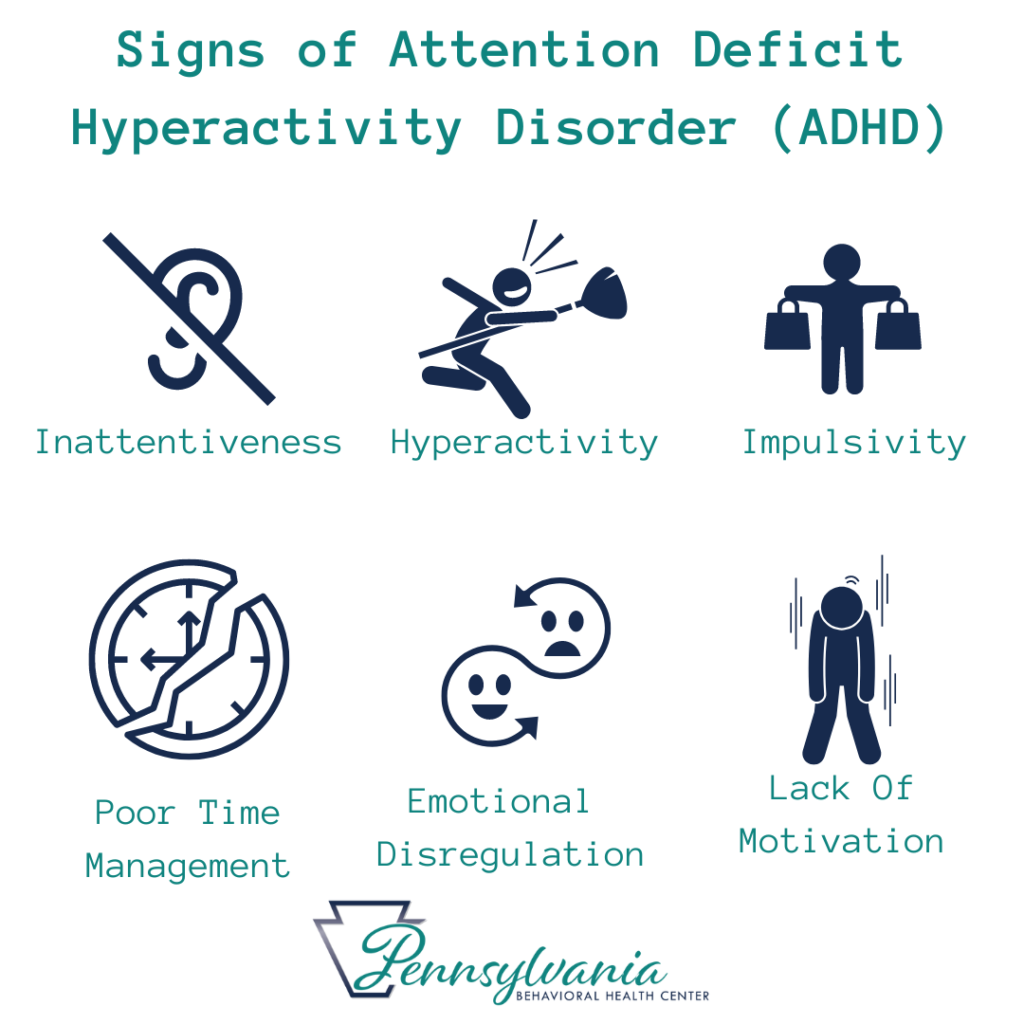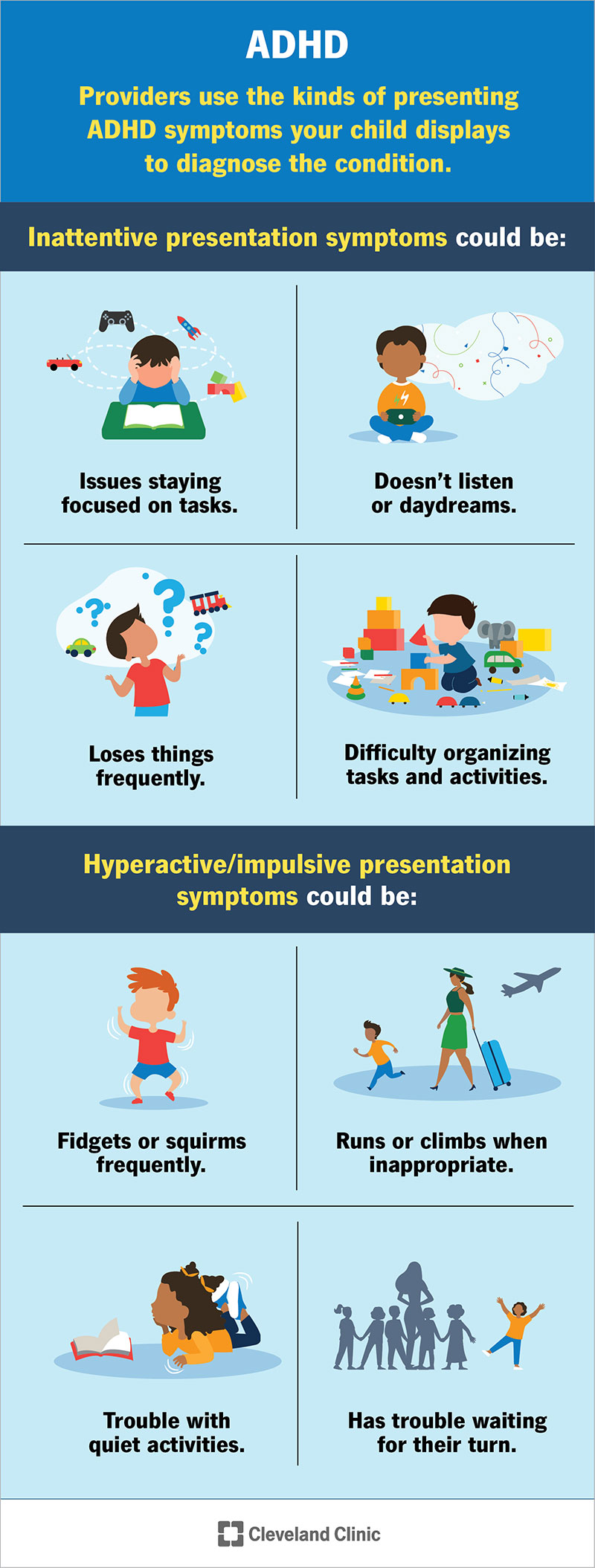Telehealth Psychiatrist Services for Quick Mental Health Support
Telehealth Psychiatrist Services for Quick Mental Health Support
Blog Article
Your Guide to Finding the Right ADHD Treatment for Long-term Outcomes
Navigating the complexities of ADHD treatment requires a nuanced understanding of both the disorder and the myriad options available for reliable monitoring. It is necessary to identify that what works for one individual may not always yield the exact same results for another.
Understanding ADHD and Its Influence

In grownups, ADHD can lead to obstacles in workplace atmospheres, influencing efficiency, time monitoring, and social connections. Typically, undiagnosed or incorrectly took care of ADHD can add to co-occurring mental health and wellness concerns, such as anxiousness and anxiety, further complicating a person's general well-being.
The societal perception of ADHD can vary, causing preconception and misconception, which may prevent individuals from looking for help. As recognition grows, it is necessary to cultivate a setting that advertises understanding and assistance for those impacted by ADHD, emphasizing the requirement for exact medical diagnosis and customized approaches to alleviate its influence on everyday life.
Summary of Treatment Alternatives
A comprehensive approach to treating ADHD encompasses a range of choices tailored to the individual's distinct needs. These choices can generally be categorized into behavior treatments, psychoeducation, and way of life modifications, along with pharmacological treatments that may be checked out later.
Behavior treatments, such as cognitive-behavioral therapy (CBT), emphasis on modifying specific actions and establishing coping techniques to take care of symptoms properly. Psychoeducation plays an essential duty in equipping both people and their family members by providing information about ADHD, its challenges, and effective strategies for support.
Way of living modifications can substantially affect ADHD monitoring. Routine physical activity, a balanced diet plan, and adequate sleep add to total wellness and signs and symptom control. Mindfulness practices and relaxation strategies can additionally boost emphasis and reduce impulsivity.
Support system and household therapy can promote a sense of community and understanding, helping people really feel much less separated in their experiences. Each therapy option should be considered combined with the individual's preferences and circumstances, guaranteeing an all natural strategy that advertises long-lasting success. Eventually, the goal is to develop a personalized treatment plan that attends to the details obstacles related to ADHD while enhancing general lifestyle.
Medication: Benefits And Drawbacks
Drug plays a critical duty in the therapy of ADHD, with various choices available that can substantially minimize symptoms for numerous people. Stimulants, such as methylphenidate see here and amphetamines, are typically recommended and have shown efficiency in boosting emphasis, lowering impulsivity, and improving overall actions. These medications work by raising dopamine and norepinephrine levels in the brain, which are often dysregulated in those with ADHD.
Nevertheless, making use of medication is not without its difficulties. Some people might experience adverse effects, consisting of insomnia, decreased cravings, or boosted anxiety. Additionally, discovering the appropriate dosage can be a trial-and-error process, needing close surveillance by medical care experts. Additionally, not all patients react to stimulant medicines, leading some to check out non-stimulant alternatives, which may have a postponed start of activity or different adverse effects.
It is crucial for people and their households to evaluate these pros and cons carefully. Balancing the benefits of signs and symptom monitoring versus potential adverse effects is critical for attaining optimal therapy end results. Partnership with doctor can facilitate educated decisions, making sure that medicine becomes part of a detailed ADHD monitoring strategy.
Behavior Modification Methods

One typically employed method is Cognitive Behavior Therapy (CBT), which aids individuals recognize and change unfavorable thought patterns that add to ADHD-related difficulties. Therapist for ADHD. With CBT, customers learn to set sensible goals, take care of time efficiently, and establish business systems
An additional reliable strategy is Moms and dad Monitoring Training (PMT), which educates parents on just how to enhance favorable habits and reduce negative ones via regular self-control and interaction methods. This approach promotes a supportive home environment that urges behavior renovations.
Social skills training is additionally integral, helping people with ADHD navigate social communications better. Role-playing and modeling appropriate behaviors can improve social skills and minimize anxiousness in social situations.
Way Of Life Modifications for Better Monitoring
Exactly how can way of life changes substantially improve the administration of ADHD signs and symptoms? Applying critical way of life adjustments can cause significant renovations in emphasis, organization, and emotional policy for individuals with ADHD.
Firstly, developing an organized daily routine assists in producing predictability, which can minimize feelings of bewilder. Constant timetables for dishes, research study, and sleep can improve everyday functioning.
Incorporating routine exercise is also important, as exercise has actually been shown to increase dopamine levels, boosting attention and inspiration (Therapist for ADHD). Intending for at least thirty minutes of modest exercise most days can be valuable
Nourishment plays a crucial duty. A balanced diet abundant in omega-3 fatty acids, whole grains, and healthy protein can sustain cognitive feature. Limiting processed sugars and caffeine might minimize signs and symptoms, as these can bring about power additional reading collisions and irritation.
Final Thought
In conclusion, finding the best ADHD therapy requires a diverse approach that considers specific needs and choices. Cooperation with healthcare specialists and open communication with assistance networks are necessary components in navigating the intricacies of ADHD administration, inevitably leading to long lasting outcomes and improved top quality of life.
Report this page